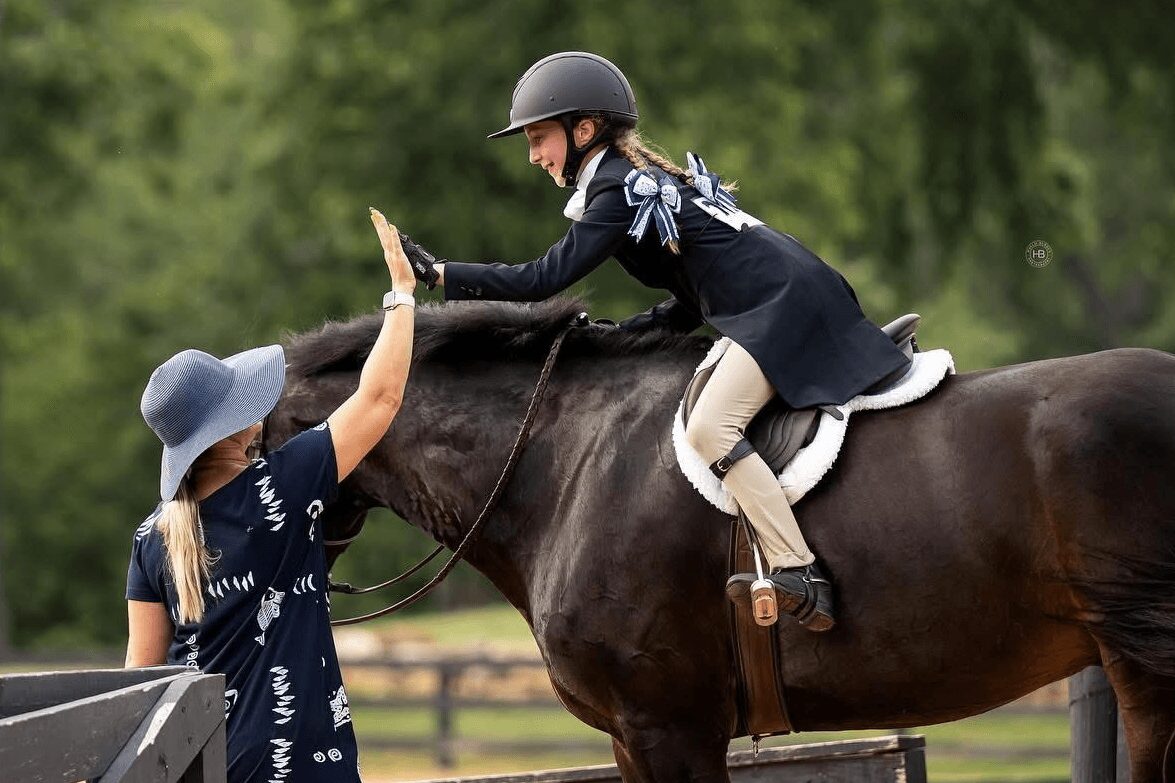

Carolyn Duncan shared their story and experiences with us recently and you can find our conversation below.
Carolyn , it’s always a pleasure to learn from you and your journey. Let’s start with a bit of a warmup: What is something outside of work that is bringing you joy lately?
Outside of work, most of my joy right now comes from being really involved with our kids. We’re about to celebrate our son’s 13th birthday, which feels like such a big milestone. He also started playing football at the same high school my husband and I attended, so it’s been really meaningful to be back in a place full of good memories and to watch him and his teammates grow into young men. Our younger son keeps us busy in different ways—he loves skateboarding and is active in Cub Scouts—so we’ve had a lot of fun joining him in those activities as well. As a family, we’ve also been really involved with our church, which has added another layer of community and joy to this season of life.
Can you briefly introduce yourself and share what makes you or your brand unique?
My name is Carolyn Duncan, and I own and operate Crooked Creek Farm, a smaller facility with big goals. We primarily work with riders between the ages of 10 and 23, and what makes us unique is the strong sense of community we’ve built. Most of the horses at our farm are privately owned, and because we’re a more intimate program, everyone is truly invested—not just in their own journey, but in the success and well-being of the whole farm. It feels very much like a family, where people look out for one another, share in the hard work, and celebrate each other’s milestones.
In addition to running the farm, I am also a licensed judge with USEF, which gives me another perspective on the sport and allows me to bring that knowledge back to our riders. While we always emphasize having fun and enjoying the animals, we also set high goals. Our riders compete at top national events such as Junior Hunter Finals, Pony Finals, Maclay Regionals, and Capital Challenge. For me, the greatest joy comes from working closely with these kids one-on-one and helping them achieve their personal goals—whether that’s building confidence, improving skills, or excelling in competition.
Great, so let’s dive into your journey a bit more. What relationship most shaped how you see yourself?
I would say that over the years I’ve had many relationships that have helped guide me to where I am now, and I feel very blessed to have friends in the industry that I can call on for help and advice. But the person who has shaped me the most is my friend and mentor, Robert Crandall.
When I first met Bob, I was honestly intimidated to work with him. Growing up, I didn’t have many opportunities—finances were tight, and we didn’t have the guidance or resources that I now try to provide for my students. On top of that, an accident in my teen years set me back in my riding, but it didn’t stop me. Instead, it put me on a different track. I kept teaching, volunteered with Special Olympics, and a friend introduced me to judging, which opened up a whole new path for me.
That path eventually led me to Bob. The first time I worked with him, I spent a week alongside him, and he showed me what it meant to be a genuine, caring person in an industry where that isn’t always easy to find. I felt like he truly saw me for who I wanted to be. After earning my small ‘r’ with USEF, I asked Bob to mentor me for my promotion, and I’ve been fortunate to continue working with him and others who have guided me along the way.
I’ll never forget Bob telling me that I didn’t come from the kind of background that would normally open doors in this profession, but he believed in me because of my dedication and my work ethic. That’s something that has always stayed with me. I give 110% to everything I do, and once I achieve one goal, I set another. My focus is always on doing right by others and being a positive model in this industry. That’s what has gotten me where I am today, and it’s the standard I’ll continue to live by.
Was there ever a time you almost gave up?
There have definitely been rocky moments along the way, and one of the hardest came when I was making the transition from teaching as more of a hobby to building it into a full-time career. Finding the right farm was a challenge—leasing facilities was costly, and sometimes unkind people made things difficult. It wasn’t easy to navigate that shift while I was also working as a nurse.
Just before we bought the farm we’re at today, I thought I had finally found the right place and signed a lease. I invested several thousand dollars into updates, only to be given a 60-day notice to leave before I had even moved the horses in. I was devastated. We had put so much effort and hope into that property, and I felt like I had stretched my support to its limits. For a moment, I truly didn’t know how I could rebuild what I had started if we had to move again.
What kept me from giving up was my family—especially my husband, my mother-in-law, and my father-in-law—who stepped in and supported me through it. They helped us find and secure the beautiful property we now call home, and the moment I first walked into it, I knew it was where I was meant to be. Looking back, it really was a blessing in disguise. Over the years, other farms have come up for sale, but I’ve never been tempted to move. I love the size, atmosphere, and sense of community we’ve built here, and I can’t imagine being anywhere else.
I think our readers would appreciate hearing more about your values and what you think matters in life and career, etc. So our next question is along those lines. What are the biggest lies your industry tells itself?
I think one of the biggest lies our industry tells itself is tied to what we see on social media. There’s often this perception that success equals ribbons, scores, or the height you’re jumping—but that’s only part of the story. What doesn’t get shown as much are the countless hours of hard work behind the scenes. For example, working students who ride whatever horse they’re given—good or bad—just for the opportunity to learn, or the riders who fall, get back up, and then spend extra time grooming, caring for, and simply bonding with their horses.
On the flip side, some kids walk into the barn and are handed a perfectly prepped horse, ride their round, and then hand it off for someone else to finish. Neither path is ‘wrong,’ but what people see online often skews toward the polished version of success without recognizing the grit, responsibility, and resilience that so many others are putting in every single day.
I also think this ties into the recent conversations we’re having now about horse welfare. When we idolize a champion, it’s worth asking what’s happening behind closed doors. Are the methods being used truly what we want to model for others? For me, real success isn’t just about the ribbons—it’s about the process, the care, and the lessons learned along the way.”
Okay, so before we go, let’s tackle one more area. If you laid down your name, role, and possessions—what would remain?
If I laid down my name, role, and profession, I think there would still be a lot left for me. As my kids are growing up, I’ve been really intentional about dedicating more time to being present for them. Everything I’ve worked for in my career will still be there when they’re older, but I’ll never get this time back—so slowing down a little to enjoy these years feels important.
If I weren’t teaching, judging, or running the farm, I imagine I’d spend more time volunteering with my children’s activities, whether that’s helping with the football team, supporting at school events, or stepping in wherever needed. I’d also likely become more involved with our church, Antioch Christian, where we’ve been members for about four years and where my kids are already active.
And I think part of me would circle back to what I loved about nursing—the chance to help others. Whether physically, mentally, or emotionally, I’ve always been drawn to supporting people through difficult times. At the heart of it, no matter what role I’m in, I find the most meaning in giving my time and energy to others.
Contact Info:
- Website: https://share.google/Zqp2hfdMpS8KCLxUp
- Instagram: @crookedcreekfarmeq
- Facebook: https://www.facebook.com/share/1Ar74GmuMo/?mibextid=wwXIfr
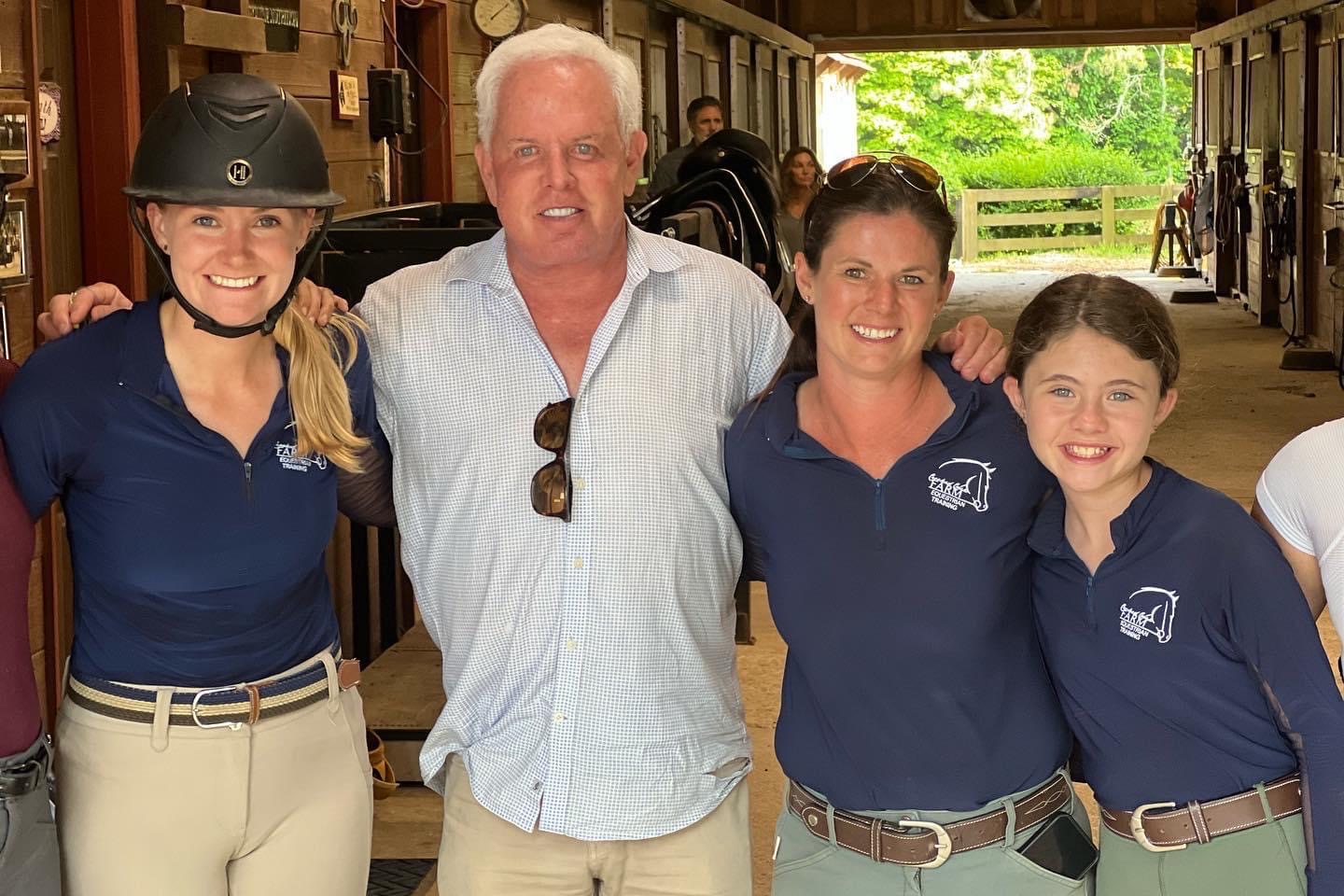
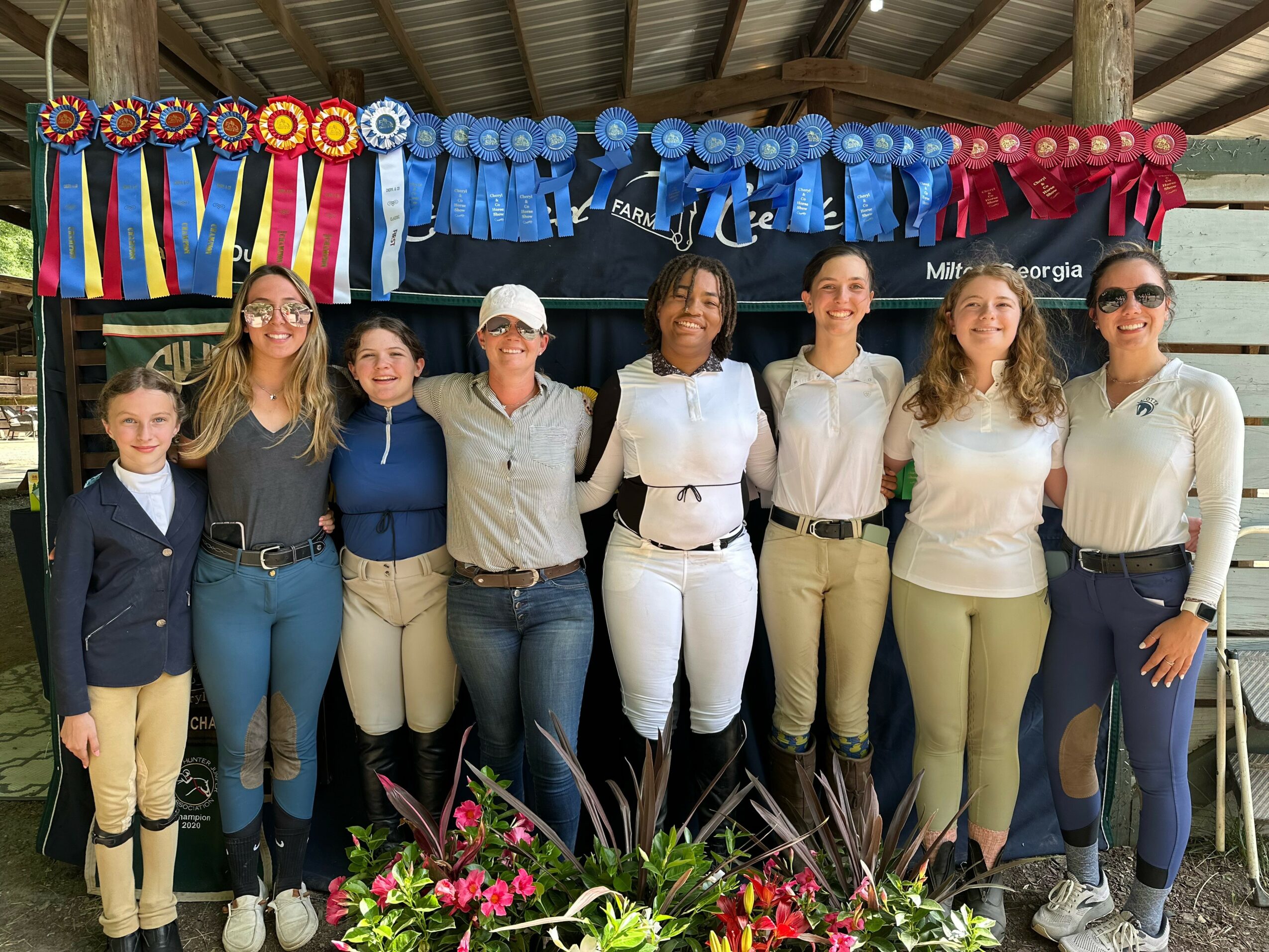
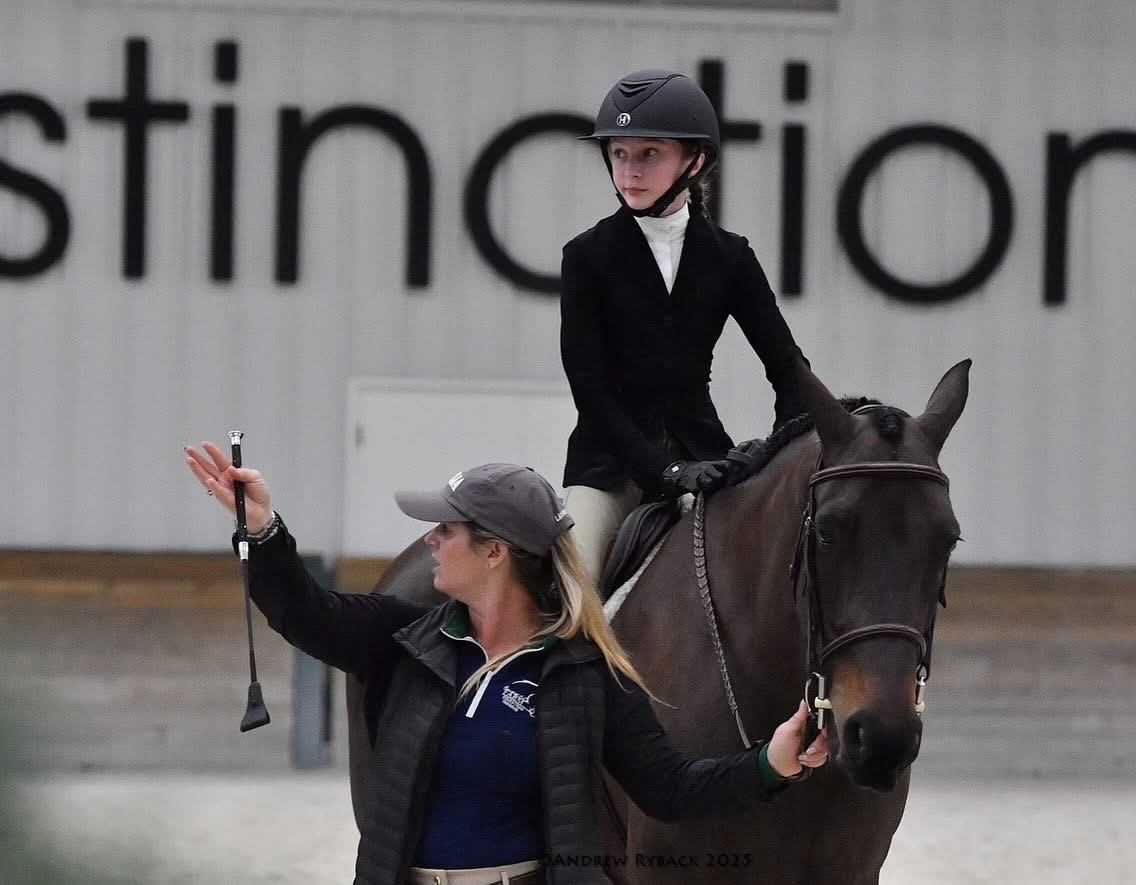
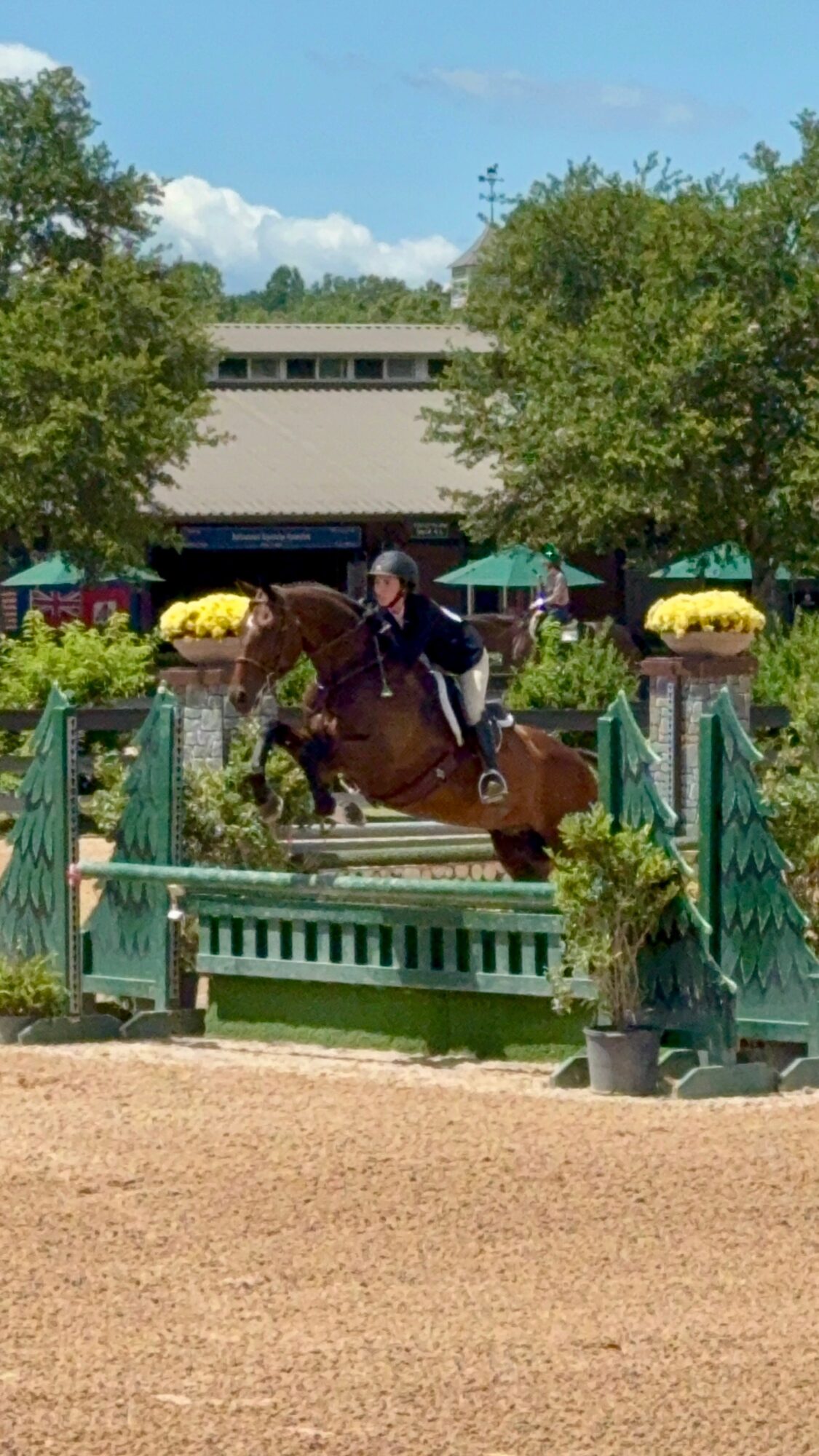
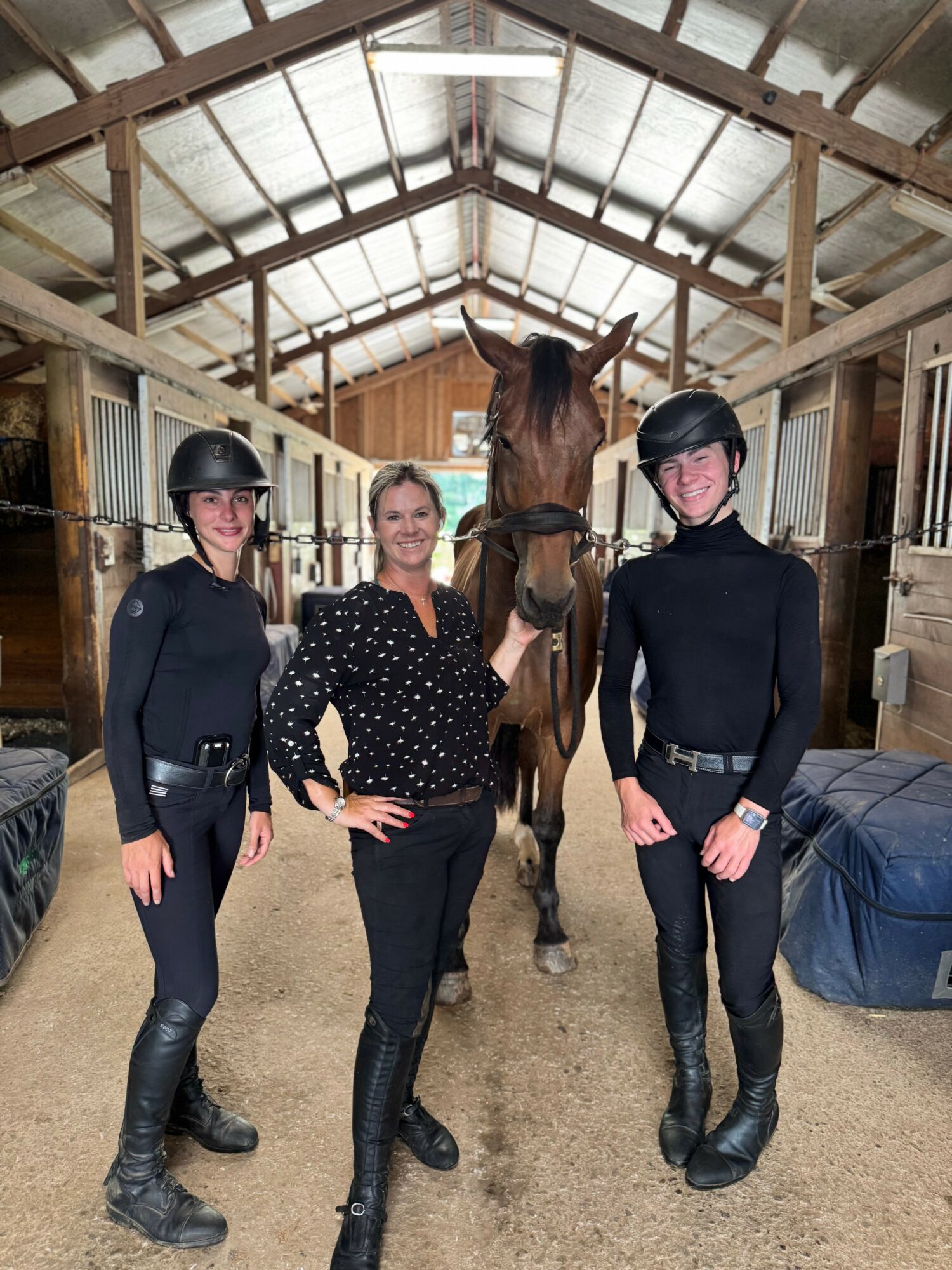
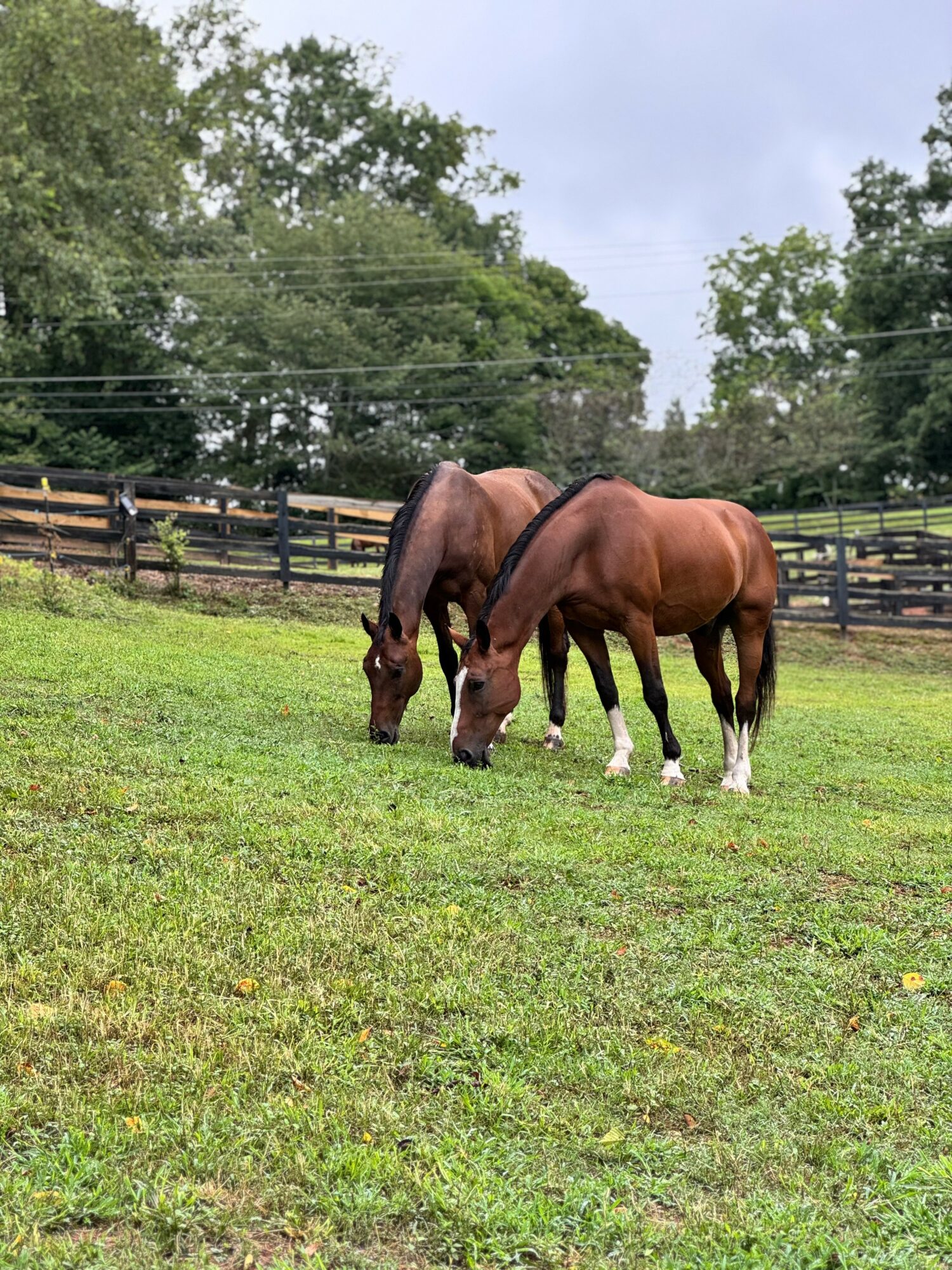
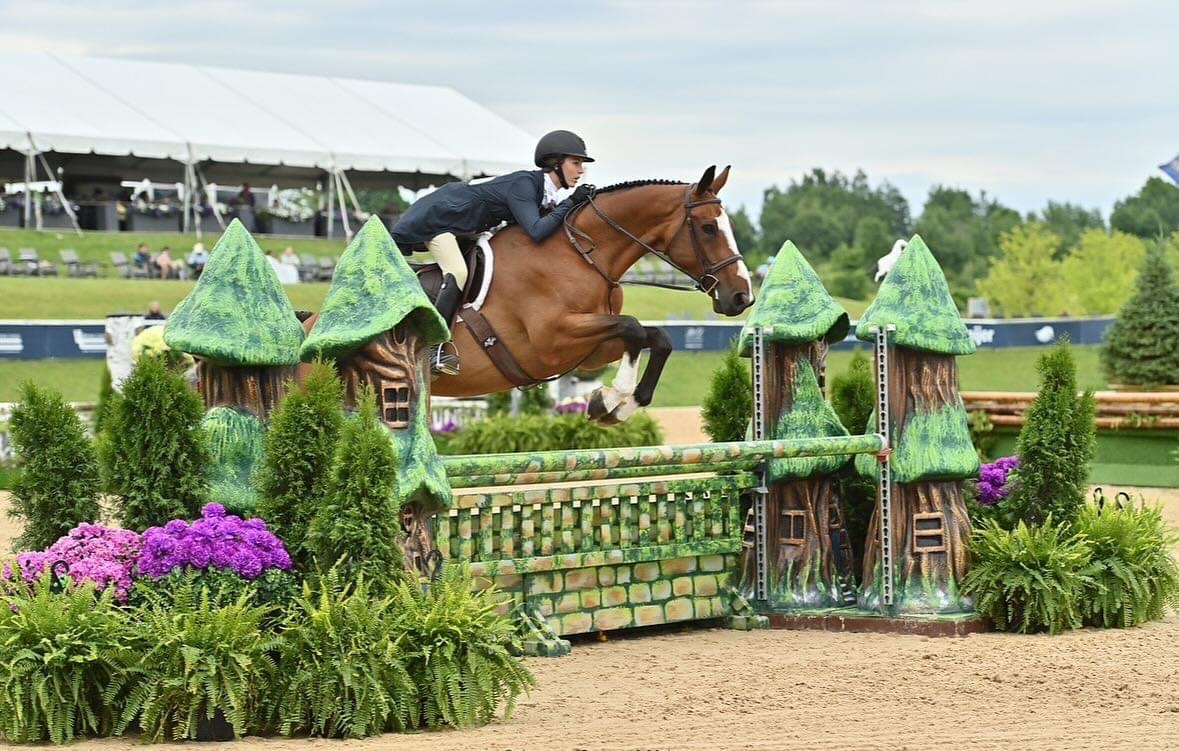
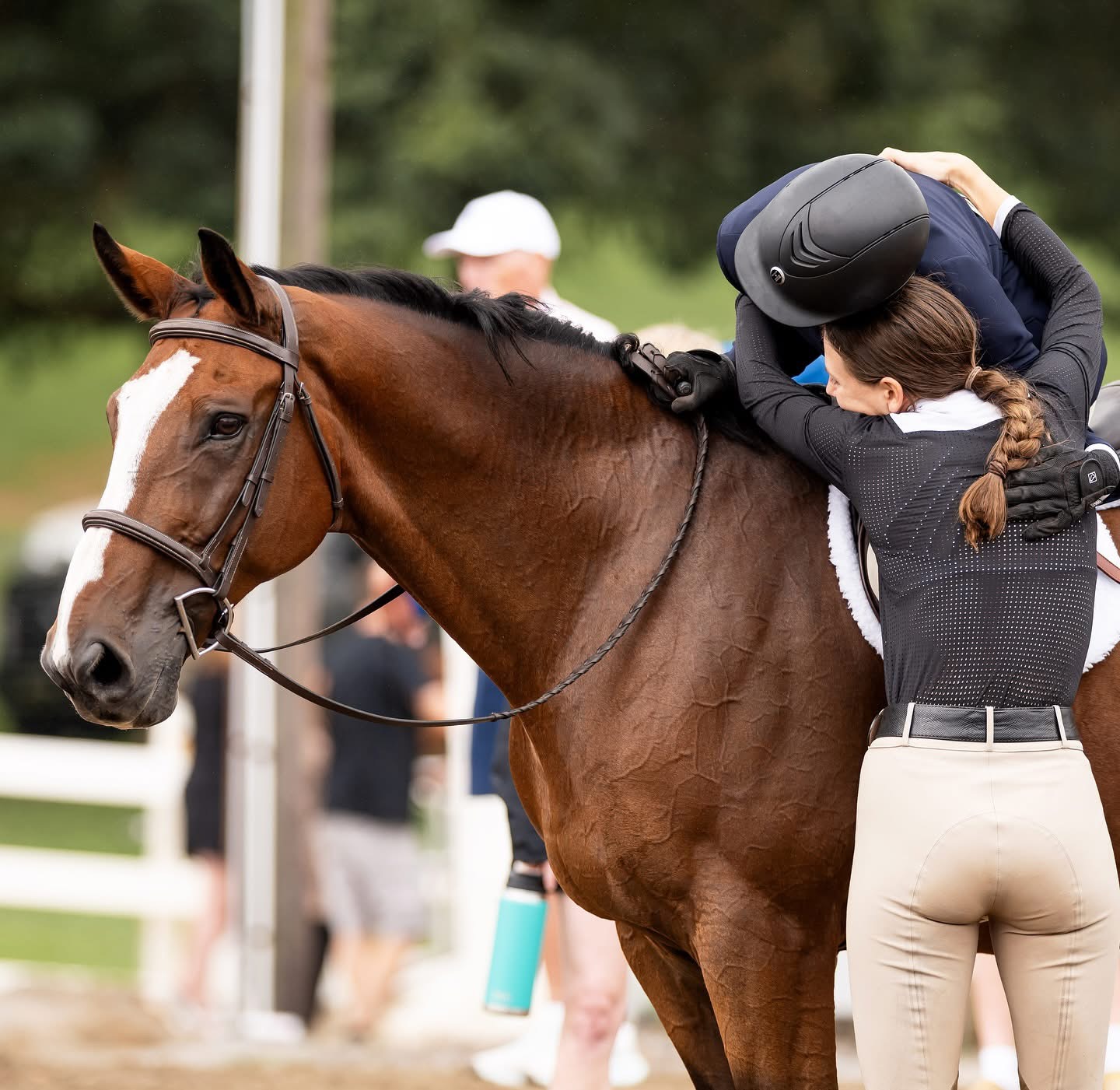
Image Credits
Hallie Burden













